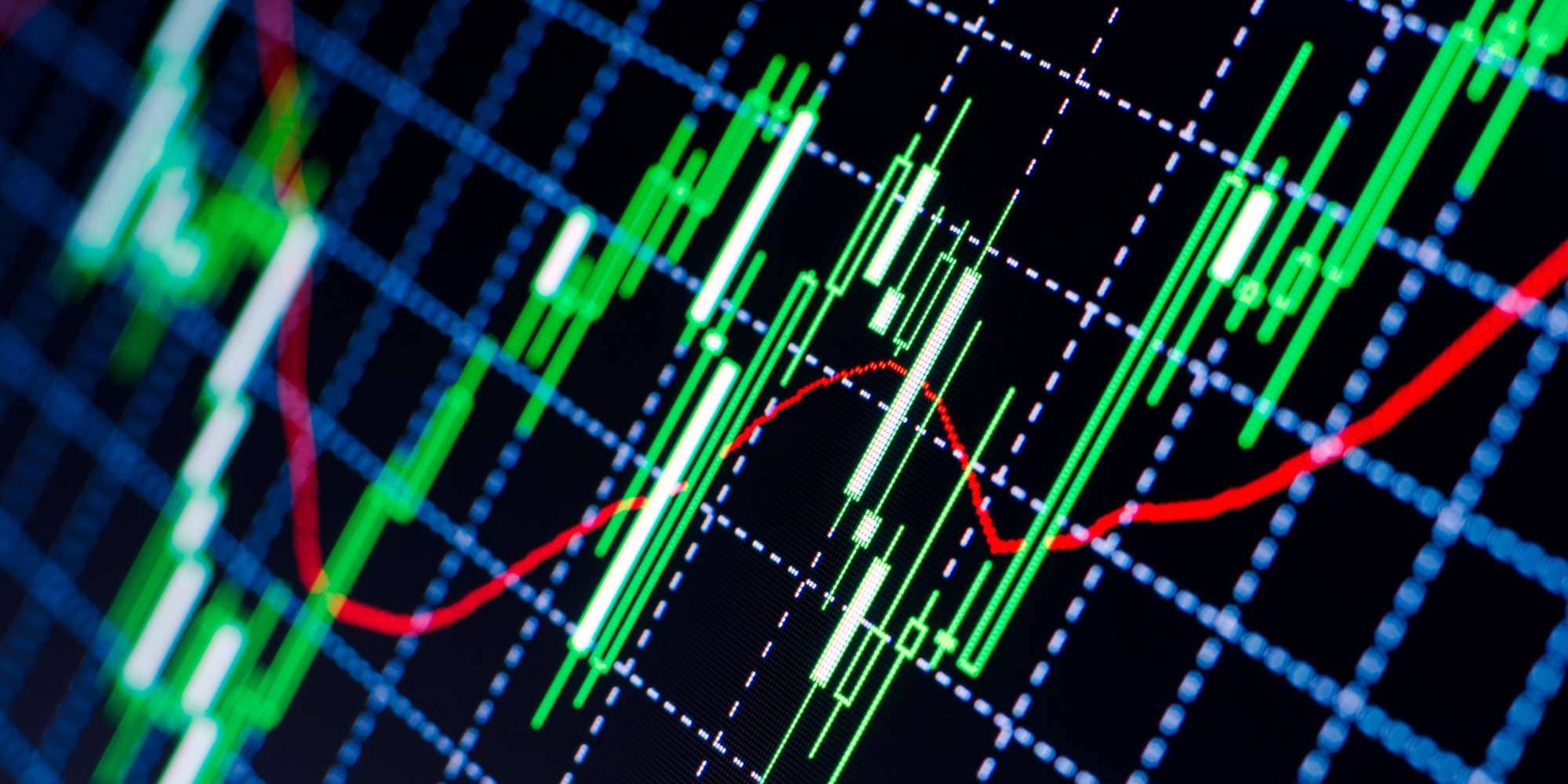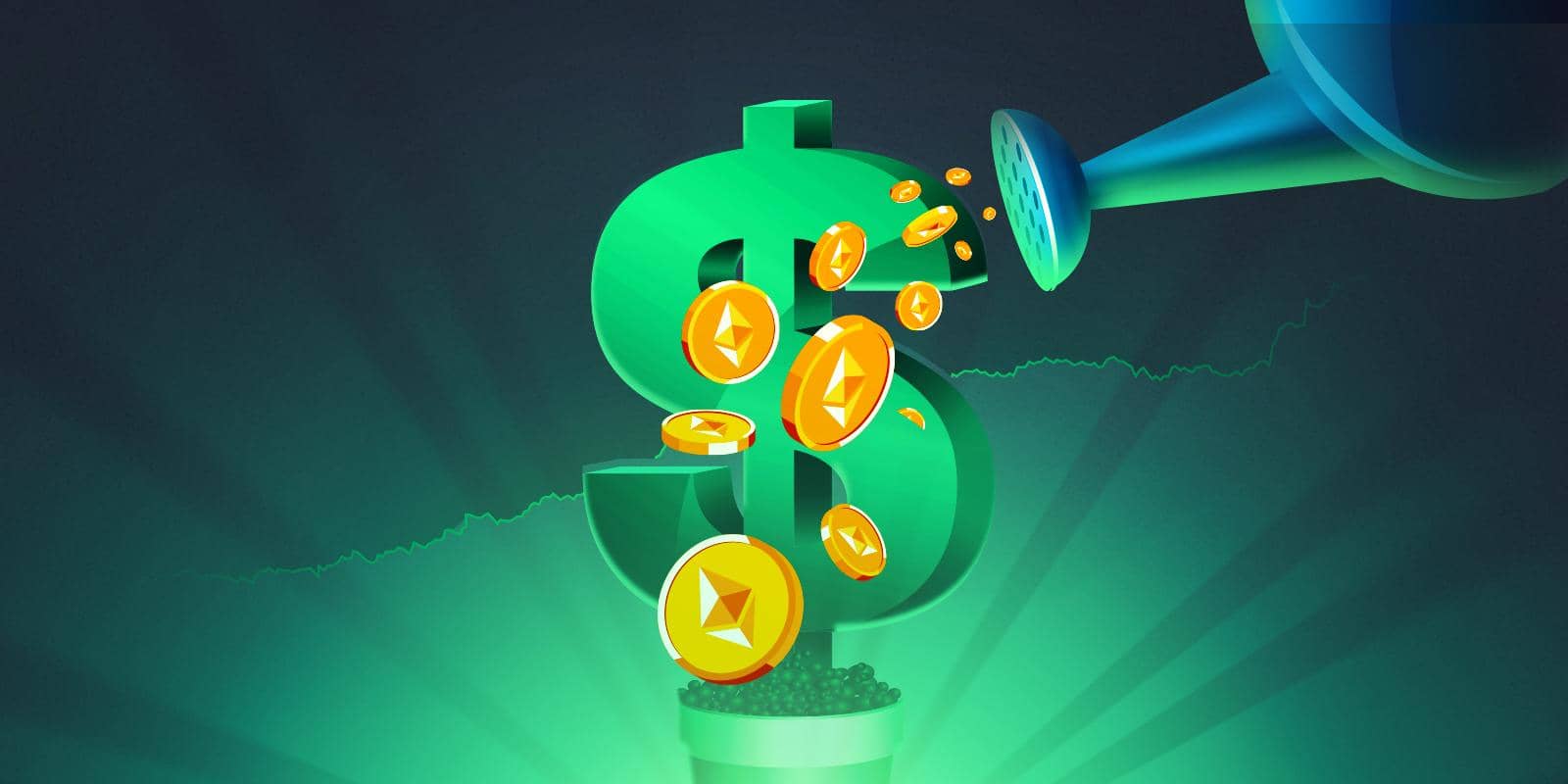Content
Nowadays, most exchanges operate digitally and allow a variety of individuals and institutions to make markets in a given stock. This fosters competition, with a large number of market makers all posting bids and asks on a given security. This creates significant liquidity and market depth, which benefits retail traders and institutions alike.

But they also stand to make money from these transactions. ECNs, on the other hand, work with respect to market fluctuations. They study the shares and the prices at which they are being traded in the market. The network sets the best bid/ask price for the stocks depending on their study. The brokers match buyers’ and sellers’ shares and price requirements and become a middleman for further settlement. These networks earn through commissions they receive for each transaction that occurs.
How Do Market Makers Earn a Profit?
A market maker is a trader whose primary job is to create liquidity in the market by buying and selling securities. Market makers are always ready to buy and sell within the market at a publicly-quoted price. Usually, a market maker is a brokerage house, large bank, or other institution. However, it is possible for individuals to be market makers, as well. Generally, market makers have a disproportionately large amount of assets under their control.
(Remember, most market makers work for larger brokerage firms.) The spread, or difference, between these two numbers is called the bid-ask spread. The bid-ask spread represents the market maker’s profits. Additionally, https://xcritical.com/ market makers earn a commission for creating liquidity for their clients. A market maker is an individual or broker-dealer that operates on a stock exchange, buying and selling shares for their own account.
Algorithmic market making and its benefits
Speaking about technology, mentioning algorithmic trading is a must. With algorithmic trading, the buying and selling occur rapidly every what is market maker in crypto second. The purpose of a market maker in a financial market is to keep up the functionality of the market by infusing liquidity.
Hedge Funds, Banks and Market Makers. How bout you and your other political buddies do your job and make sure our financial markets don’t collapse from their corruption manipulation and outrageous over leveraging. Or do you profit from it as well. #AMC #AMCNOTLEAVING #amcstock
— TiteLikeTiger (@TiteLikeTiger) August 15, 2021
Likewise, you must find a seller if you want to buy assets. A market maker is responsible for ensuring that no matter what instrument is traded, there is always a buyer or a seller to ensure the transaction runs smoothly. The market makers provide a required amount of liquidity to the security’s market, and take the other side of trades when there are short-term buy-and-sell-side imbalances in customer orders. In return, the specialist is granted various informational and trade execution advantages.
The importance of market makers
Since they are often confused with Market Makers, we will see the points where they differ. Generally, market makers profit by charging higher ask prices than bid prices . If the market has bid-ask quotes as Rs respectively, it means that the market maker will buy at Rs 50 and sell at Rs 52. In this case, if the market maker manages to get a fill for both of his orders at the quoted prices then the profit resulting from this trade would be of Rs 2.
They may also make trades for their own accounts, which are known as principal trades. In a case where market makers for a crypto, XYZ, decide to hold the crypto for long-term profit, they stand to lose more than they possibly would gain. If all the market makers for XYZ do this, the crypto asset can temporarily become illiquid as no trades would be able to go through. As a result, crypto market makers are restricted to making profits from the spread they charge on crypto assets.
Along with the price, ask quote might stipulate the amount of security which is available for selling at the given stated price. Since market makers deal in an incredibly huge number of assets, they can influence the market’s price. Due to these actions, investors might engage in herding behaviour, harming the markets and investments.
Hypothetical Example of a Market Maker’s Day
The price point at which the supply of a commodity matches its demand in the market becomes its market price. Work on certain guidelines approved by the regulators of a nation’s financial market. The market makers must follow the same to operate as an authorized trading body.
- To facilitate a transaction, market makers purchase a security from a seller at a bid price and then sell the same security to a buyer at an ask price.
- Other market participants may then buy from the MM at $10.05 or sell to them at $10.00.
- If their orders stopped, it’d be harder for traders to get in and out of their trading positions.
- Though the difference between the ask price and bid price for each share is low, the stocks altogether offer huge profits to these market players daily.
- High volatility or increased risk can lead to MMs widening their spreads to compensate.
- The importance of market makers in the financial markets cannot be understated.
The opposite is true, as well, because any shares the market maker can’t immediately sell will help fulfill sell orders that will come in later. The first is from collecting the spread between the bid and the ask on a stock. A market maker may post a bid to buy 1,000 shares at $9.90 and an offer to sell 1,000 shares at $10.10.
Brokers
With a thorough read of this article you must have got a fair understanding of market making. Let us find out ahead in the article if Market Makers end up losing any money or not. JeFreda R. Brown is a financial consultant, Certified Financial Education Instructor, and researcher who has assisted thousands of clients over a more than two-decade career. She is the CEO of Xaris Financial Enterprises and a course facilitator for Cornell University. Full BioSuzanne is a content marketer, writer, and fact-checker.

For example, any given asset has the difference between the best bid and best ask, which is known as the bid-ask spread. Here it is important to note that low liquidity in the markets leads to the wide bid-ask spread. Now, in order to get rid of the wideness in the bid-ask spread, market makers jump in and provide liquidity to the markets. The prices set by market makers are a reflection of demand and supply. Stockbrokers can also perform the function of market makers at times. It, however, represents a conflict of interest because brokers may be incentivized to recommend securities that make the market to their clients.
Understanding the Market-Maker Spread
Think about that the next time you want to complain that the market’s too hot to handle. Or that your watchlist has grown to the size of a football field. You might have seen the effects of their work — stocks moving in ways you couldn’t understand. Finding the right financial advisor that fits your needs doesn’t have to be hard.
Agreed – very few know what makes a market (1) & who are the market makers (2), what is their strategy to make money(3). How can you either slip stream their efforts? Or what advantage vs their strategy do you have to profit?
— Patrick Wagner 🎟📍Toronto Canada (@patrickwagner) June 29, 2021
And, if the market moves against it, and it hasn’t set a sufficient bid-ask spread, it could lose money. The primary role of a broker is to deliver orders from a customer to the stock exchange and provide all the back office and support functions necessary to facilitate those transactions. Whereas, the primary purpose of a market maker is to buy and sell securities from other traders and investors. That’s in stark contrast to less popular securities, where there are far fewer market makers. In low-capitalization low-volume companies with scarce market-making capacity, bid/ask spreads can run a dollar a share or even higher, leading to significant transaction costs for retail traders. In addition to being a buyer or seller of last resort, market makers also keep the spread between the bid and ask low.
Market makers simultaneously post both a bid and ask for a stock. Once posted, a market maker has an obligation to honor that offer if a trader wants to transact at that price. This creates a reliable ecosystem for traders, since they can see through level two quotations just how much bid and ask is available at varying prices. Market makers are compensated for the risk of holding assets because they may see a decline in the value of a security after it has been purchased from a seller and before it’s sold to a buyer. If there is no actual seller to directly match up with your buy orderthenthe market maker will sell you 500 shares at $26, whether he owns the stock in his inventory or not. To keep costs down, a lot of online brokers will “sell” their orders (essentially, their clients’ buy and sell orders) to market makers.
Typically, a reputable market maker will facilitate real-time trading so that an institution can offer this service to its clients. Market makers should be able to maintain a continuous presence and respond quickly to market conditions. As soon as an asset is bought or sold, someone must be on the other end of the transaction to ensure it goes smoothly. It is imperative to remember that market makers do not provide price consistency out of altruistic motives. Even though it contributes to the market’s health, they have their own interests at stake. Without adherence to the price continuity rule, market makers incur losses.
CMC Crypto 200
An MM can lose money when a security declines after they’ve bought it. Sometimes the bid-ask spread shortens faster than expected. The top 10% of market makers earn over $172,000 per year. Market makers must buy and sell at the National Best Bid and Offer . They must post and follow through with their bid and ask quotes.
Understanding market makers
A market maker participates in the securities market by providing trading services for investors and boosting liquidity in the market. They specifically provide bids and offers for a particular security in addition to its market size. Market makers typically work for large brokerage houses that profit off of the difference between the bid and ask spread.

Recent Comments